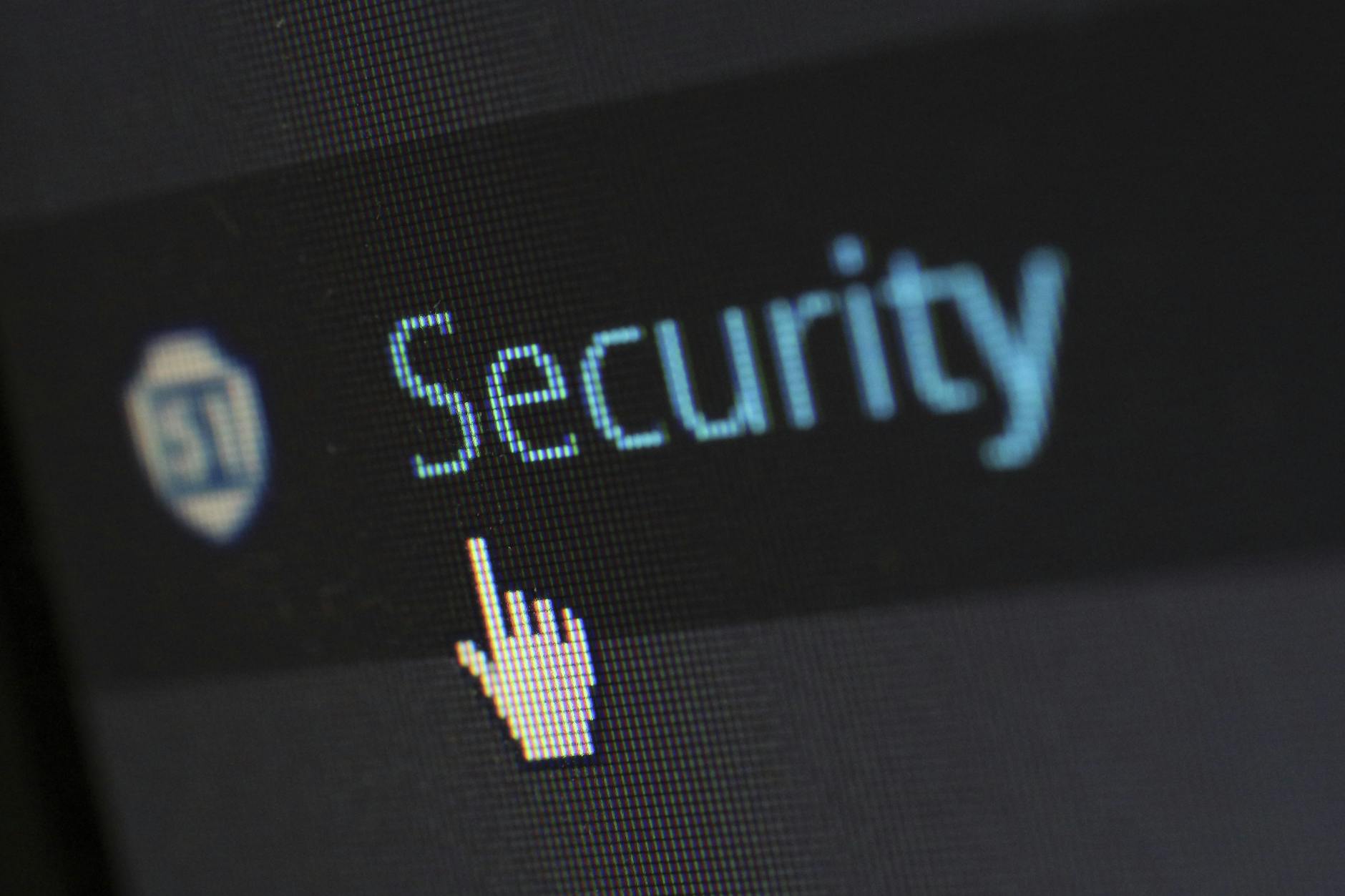
Image courtesy of Pixabay via <a target="_blank" rel="noopener noreferrer" href="https://www.pexels.com/photo/security-logo-60504/">Pexels</a>
Discover the must-know cybersecurity tips and tricks to protect yourself online and prevent becoming a victim of cybercrime.
Table of Contents
Hey there, tech-savvy folks! As we dive deeper into the digital age, the need for cybersecurity awareness is more critical than ever. With hackers becoming more sophisticated by the day, it’s essential to stay cautious and protect your personal information online. In this blog post, I’m going to share some valuable cybersecurity tips and tricks to help you stay safe and secure in the online realm.
Sources for Cybersecurity Education
Your first line of defense against cyber threats should always be education. There are plenty of online resources where you can stay informed and up-to-date on the latest cybersecurity trends and practices. Websites like Krebs on Security
Keeping Your Devices and Software Updated
One of the simplest yet most effective ways to protect yourself from cyber attacks is by keeping your devices and software updated. These updates often contain security patches that address vulnerabilities that hackers could exploit. Set your devices to automatic update mode to ensure you never miss a crucial update!
Creating Strong and Unique Passwords
You’ve heard it a million times, but it’s worth repeating – use strong, unique passwords for all your online accounts. Avoid using easily guessable passwords like “12345” or “password.” Consider using a password manager to keep track of your passwords securely.
Beware of Phishing Attempts
Phishing emails and messages are one of the most common tactics used by cybercriminals to steal your personal information. Always double-check the sender’s email address, look for spelling mistakes, and avoid clicking on suspicious links. When in doubt, contact the company directly to verify the legitimacy of the message.
Enable Two-Factor Authentication
Two-factor authentication adds an extra layer of security to your accounts by requiring a secondary form of verification, such as a text message code or a biometric scan. Make sure to enable this feature on all accounts that offer it for an added level of protection.
| Cybersecurity Tips | Description |
|---|---|
| Use Strong Passwords | Create unique passwords for each account and use a combination of letters, numbers, and special characters. |
| Enable Two-Factor Authentication | Add an extra layer of security by requiring a code in addition to your password when logging in. |
| Be Wary of Phishing Emails | Avoid clicking on links or downloading attachments from unknown senders. Verify the source before taking action. |
| Keep Software Updated | Regularly update your operating system, browser, and antivirus software to patch vulnerabilities. |
| Secure Your Wi-Fi Network | Use a strong password for your Wi-Fi and enable encryption to prevent unauthorized access. |
Secure Your Wi-Fi Network
Your home Wi-Fi network can be a vulnerable entry point for hackers if not properly secured. Make sure to change the default router password, enable WPA2 encryption, and disable Wi-Fi Protected Setup (WPS) to keep prying eyes away from your network.
Regular Backups of Your Data
Data loss can occur due to various reasons, including cyber attacks, hardware failures, or accidental deletions. To prevent losing your precious files and information, make regular backups of your data to an external hard drive or a cloud storage service. This way, you can quickly recover in case of a data disaster.
Stay Informed and Vigilant
Cyber threats are constantly evolving, so it’s crucial to stay vigilant and informed about the latest cybersecurity risks. Follow reputable cybersecurity blogs, subscribe to security newsletters, and keep an eye out for any emerging threats that could affect you or your organization.
By implementing these cybersecurity tips and tricks into your daily online routine, you can significantly reduce your risk of falling victim to cyber attacks. Remember, the best offense is a good defense when it comes to safeguarding your digital information. Stay safe out there in the cyberspace!
“`How often should I update my passwords?
It’s recommended to update your passwords regularly, ideally every 3-6 months, to reduce the risk of unauthorized access to your accounts.
What should I do if I fall for a phishing email?
If you suspect you’ve fallen for a phishing email, immediately change your passwords and contact your financial institutions to alert them of the potential breach.
Why is two-factor authentication important?
Two-factor authentication adds an extra layer of security by requiring a secondary form of verification, reducing the likelihood of unauthorized access to your accounts.
How can I secure my home Wi-Fi network?
Secure your Wi-Fi network by changing the default router password, enabling WPA2 encryption, and disabling WPS to prevent unauthorized access and protect your personal data.




